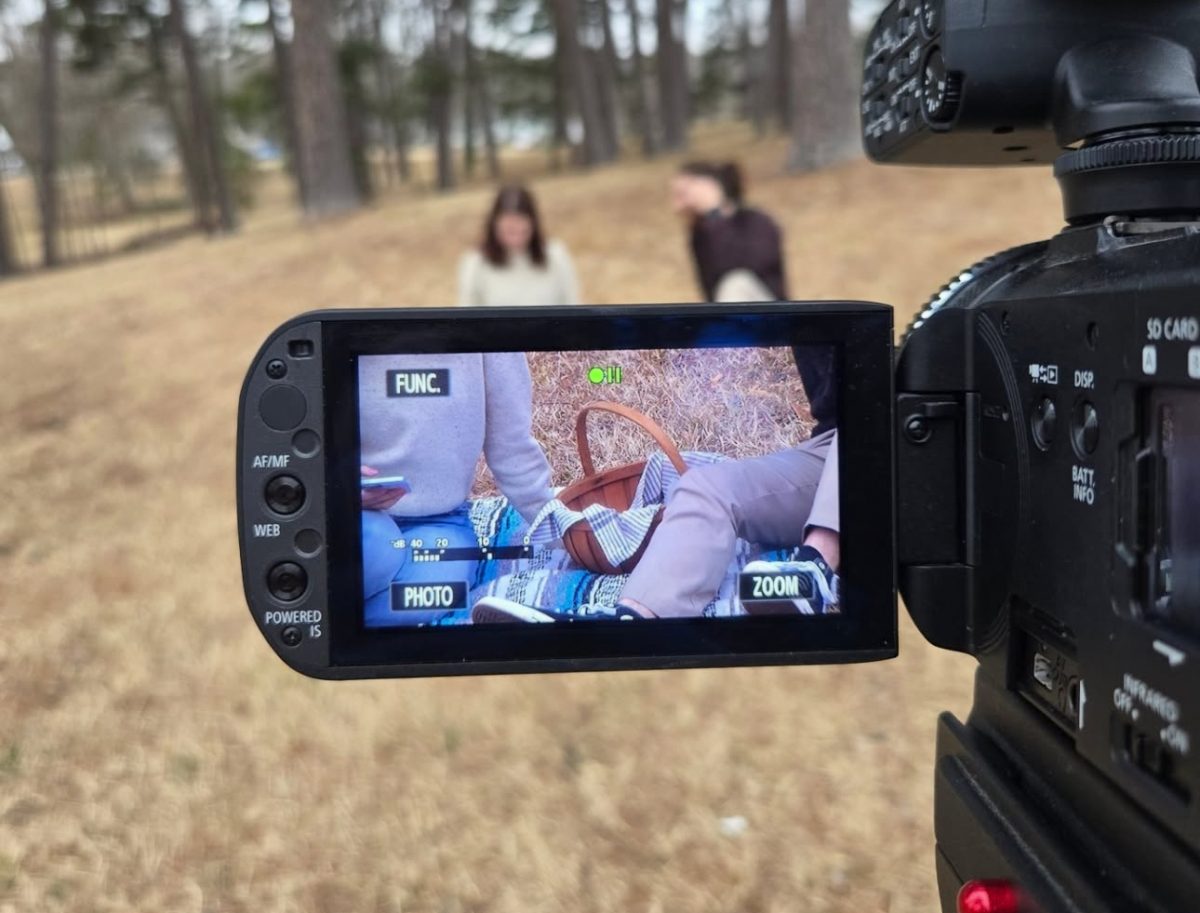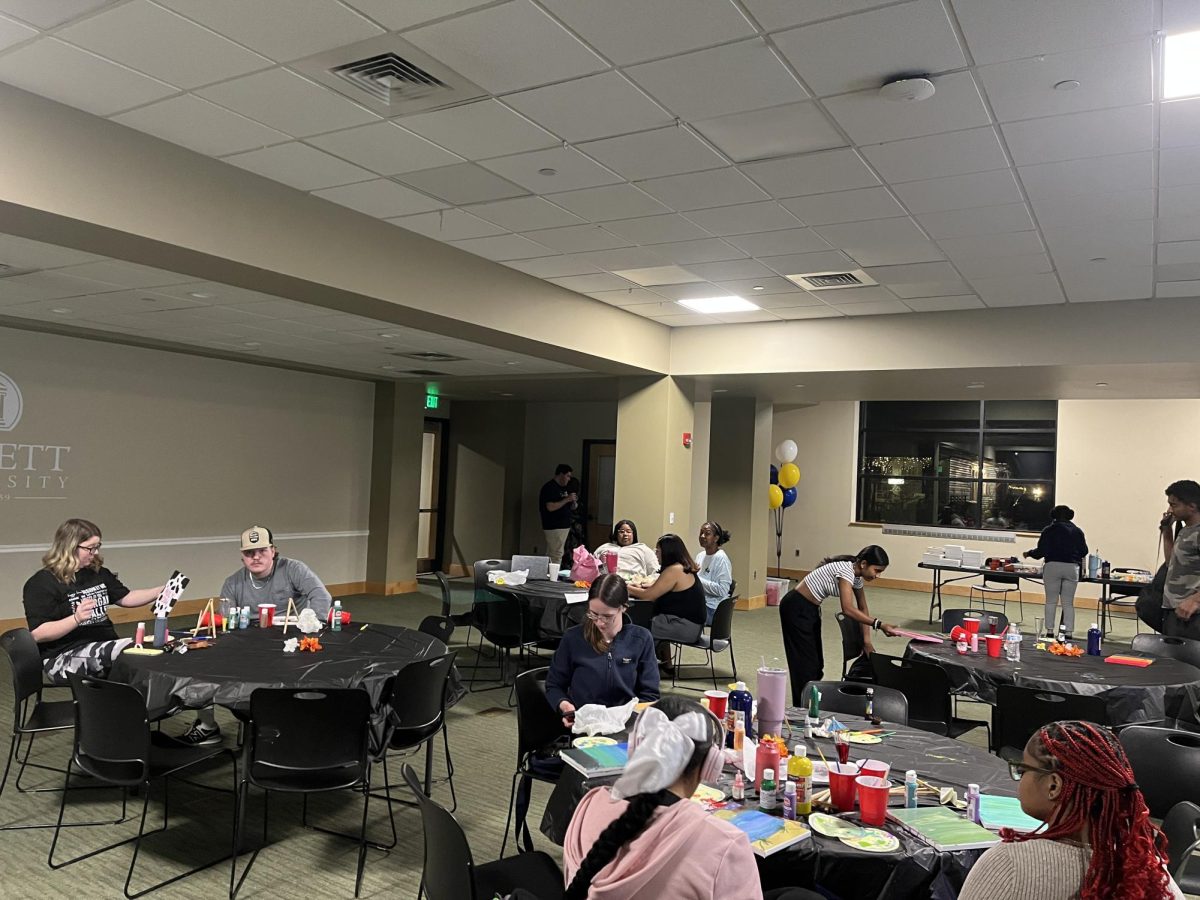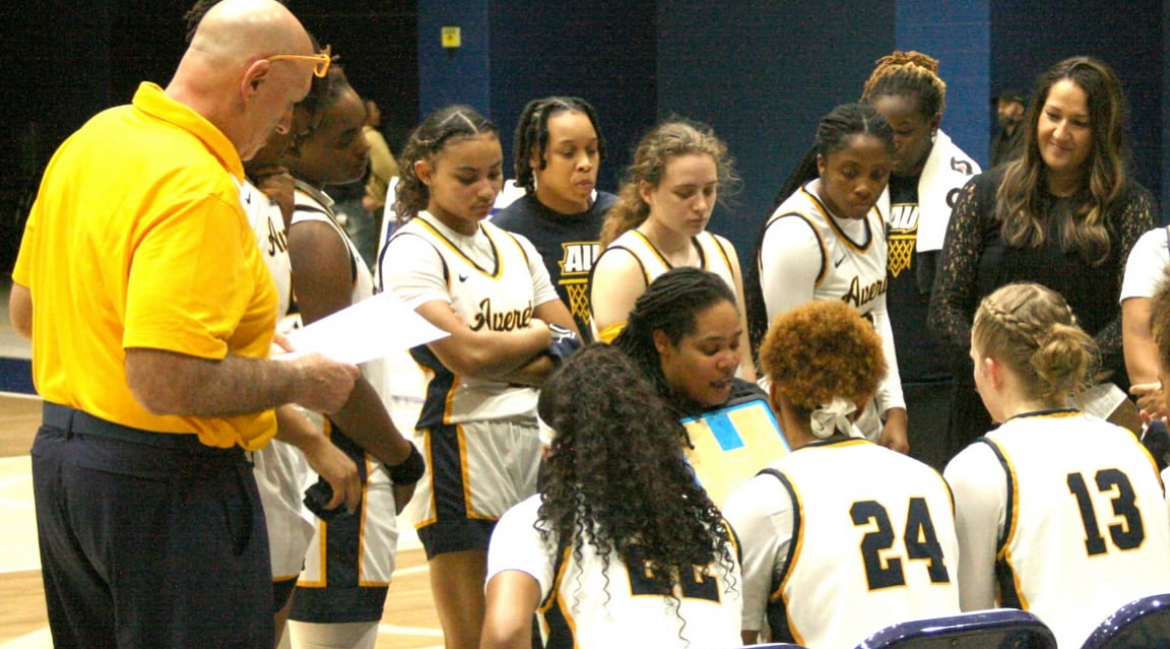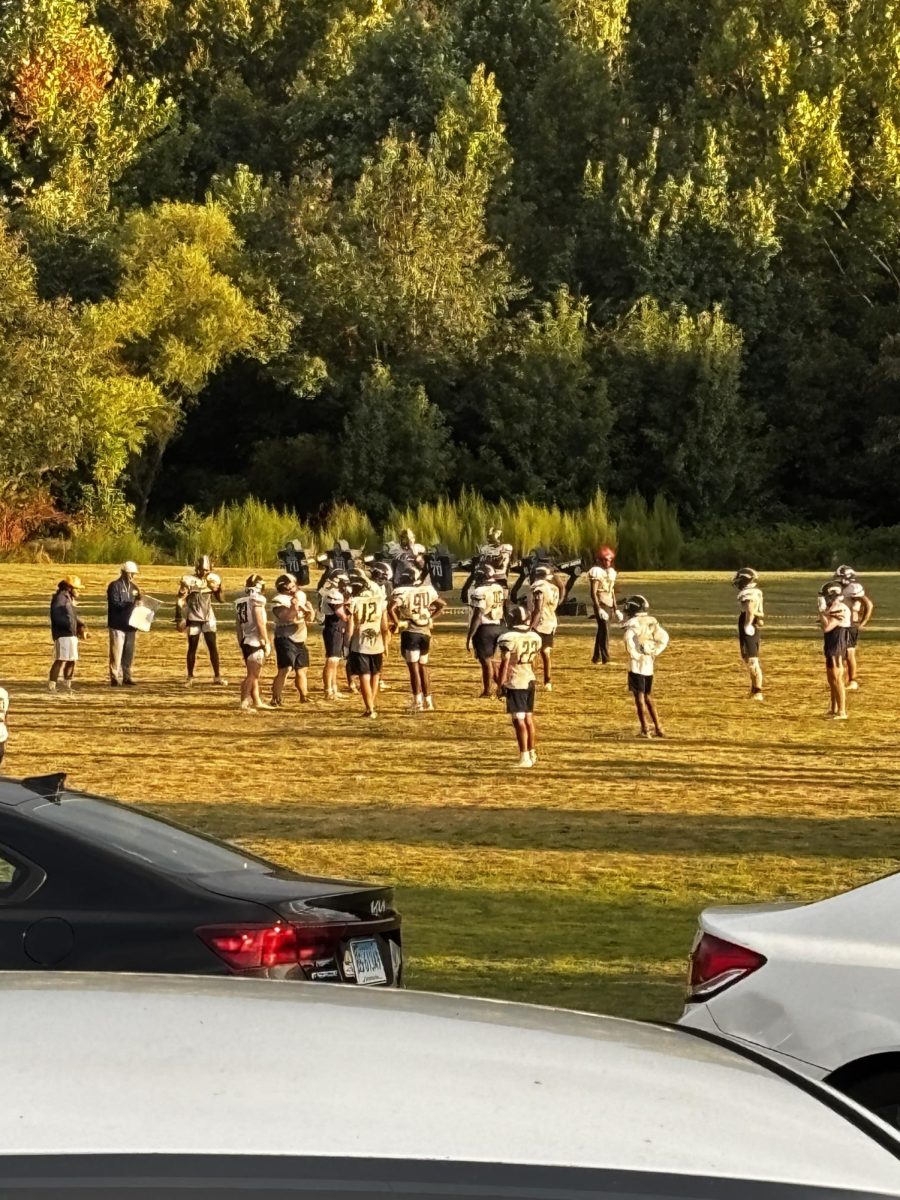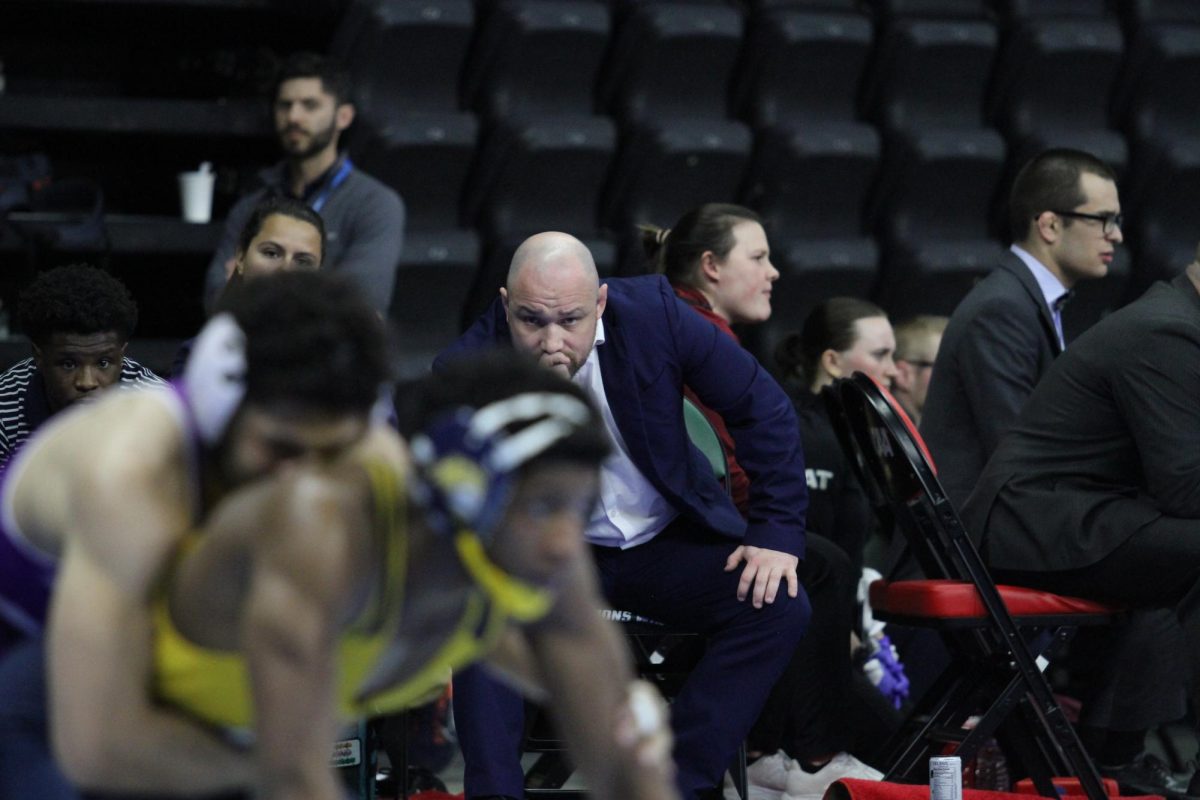Tips to help Averett Students Manage Stress and Anxiety while in school during COVID-19
September 18, 2020
Stress and anxiety are factors that on a daily basis challenge college students. And while some are able to deal with it themselves, others might need a little help.
In fact, those feelings are caused by our own thoughts, attitudes and expectations and in a time like the one we are in currently, stress and anxiety has definitely taken a toll on mental health issues. In fact, according to a new survey from the Johns Hopkins Bloomberg School of Public Health, “the numbers of Americans suffering from mental health disorders like anxiety and depression have more than tripled during the COVID-19 pandemic.”
There are several factors that can trigger stress and anxiety at school. Lack of interest in class subjects, professors who don’t communicate effectively, and even external factors such as family matters and emergency situations. No matter the cause, the feeling we are left with can cause us sleepless nights or even worse eating disorders. Stress and anxiety are feelings that are easy to identify but how do we deal with them in an effective and timely manner? In this article, we will be providing tips given by Dartmouth Hitchcock Health Director of Anxiety and Disorder Services Robert Brady as well as Averett’s Resident in Counseling, and the interim Counseling Center Director Jesse Henderson.
Henderson is in her third year working in the Counseling Center. She graduated from Averett in 2013 with a bachelor’s degree in psychology.
“While at Averett, I served on the Campus Activities Board (CAB) for 3 years and worked for New Student Orientation, Admissions, and tutored for Student Success,” Henderson said. “Needless to say, I loved being involved with anything and everything while I was a student at Averett. After graduating, I went and pursued a master’s degree from East Tennessee State University where I worked/lived until moving back to Danville in 2018. I also serve on campus as the advisor for Sister 4 Sister.”
When it comes to managing stress and anxiety during COVID-19, both Brady and Henderson off four tips to follow:
1 Accept the uncertainty and identify what mood/feeling you are experiencing
According to Brady, uncertainty and anxiety are not a dangerous things in themselves but they can become dangerous when paired with uncontrollable thought processes and always expecting the worst out of a situation. Accepting that one cannot control what is going on as it is bigger than us is a first step taken toward managing stress because one is then able to identify the primary source of the problem.
“One thing I try to always remind students is that emotions (moods) are meant to ebb and flow, especially during the stressful times we are living in now,” Henderson said. “That is important to remember because typically our society preaches to us that we need to ‘find a way to be happier,’ and if we are feeling unpleasant in any way, we need to quickly shift out of it. However, sometimes lower moods are there for a reason. For example, if you are feeling overwhelmed, then exhaustion and a more ‘checked out’ mood can sometimes happen. This is a signal from your body and mind to take time to rest. From there, get curious with yourself about what caused that mood to be there, and what your body and mind might need to ‘feel slightly better,’ rather than eliminate the mood altogether.”
2 Allow oneself a “worry period” then follow with a break period
According to Brady a worry period is a time frame set by us in which we write down every single worry we may have. This practice is known to be liberating and helps in actually visualizing how big or maybe small the source of our concern actually is. Once that realization happens, we are more likely to feel better as it will look like we are a little bit more in control of the situation. After the worry period, allowing oneself to take a break period will be very helpful.
“Self-care practices such as taking a break from whatever it is that you are doing is extremely helpful,” Henderson said. “If you are stressed, go outside and take a walk and breathe deeply. If this doesn’t work, put on your favorite song that makes you feel good and have a 5 minute dance party with yourself. Stress comes from your brain and body not feeling comfortable with a situation/person/experience, and if it believes that it is a serious threat, stress goes into anxiety.”
3 Set boundaries or simply know how to ask and receive help
In a school setting sometimes stress can be triggered by friends or the fact that one has to socialize. With this pandemic it is even more stressful because one has to worry about all the COVID safety guidelines and social distancing. So it is very easy to get trapped between friends wanting us to hang out while fighting the will to stay safe at all costs.
However, according to Brady, setting boundaries and being able to express how we feel and make our friends understand where we are coming from or being that friend who tries to understand others definitely helps in managing stress as it is one burden off our shoulders.
“If you know someone is stressed the best thing you can do is simply ask ‘how can I support you,'” Henderson said. “Everyone has different responses to stress and therefore require different support. By asking how you can be supportive, this not only allows them to take a step back and think about something else besides what is stressing them out, it also allows you both to create a better connection with one another. Understand that oftentimes people’s stress looks like frustration. Be patient with others as they figure out how they can be supported, and trust that they’ll communicate that to you as clearly as they are able.”
4 Do not neglect the movement of your body
“Movement of the body is imperative to overall health and wellness,” Henderson said. “I use the term movement rather than exercise, because not all people respond well to traditional “exercising”. Some people love moving their body through walking/running, others prefer dancing, martial arts, building things, yoga, or playing a sport. The focus should be on getting up and moving around rather than gaining strength or losing weight. I encourage people to check in with themselves of what a good, easy movement practice could be. My favorite that I use for myself is taking the stairs, rather than the elevator, whenever possible. This simple switch has made movement mandatory for me both at work, and at my apartment.”
“Another activity is making sure you are staying hydrated as well as satiated,” Henderson added. “Our brain/body works just like a car, if it has no fuel or oil, it’ll break down. Increasing your water intake and eating more green vegetables and protein are the best fuels for your brain to function properly. Make sure you are getting at least 3 meals a day that have these things and you will be managing your stress from a clear, well oiled, machine.”
As we can see managing stress and anxiety although not necessarily easy, is still very much possible. The most important thing is to focus on small successes — one at a time.
For students who feel like they might need help managing stress and anxiety, the Counseling Center located at the 4th floor of the Student Center above the cafeteria can help and that help is free. Henderson will be happy to help and listen to students’ concerns during these stressful times. Students can contact her at [email protected] to schedule an appointment.





